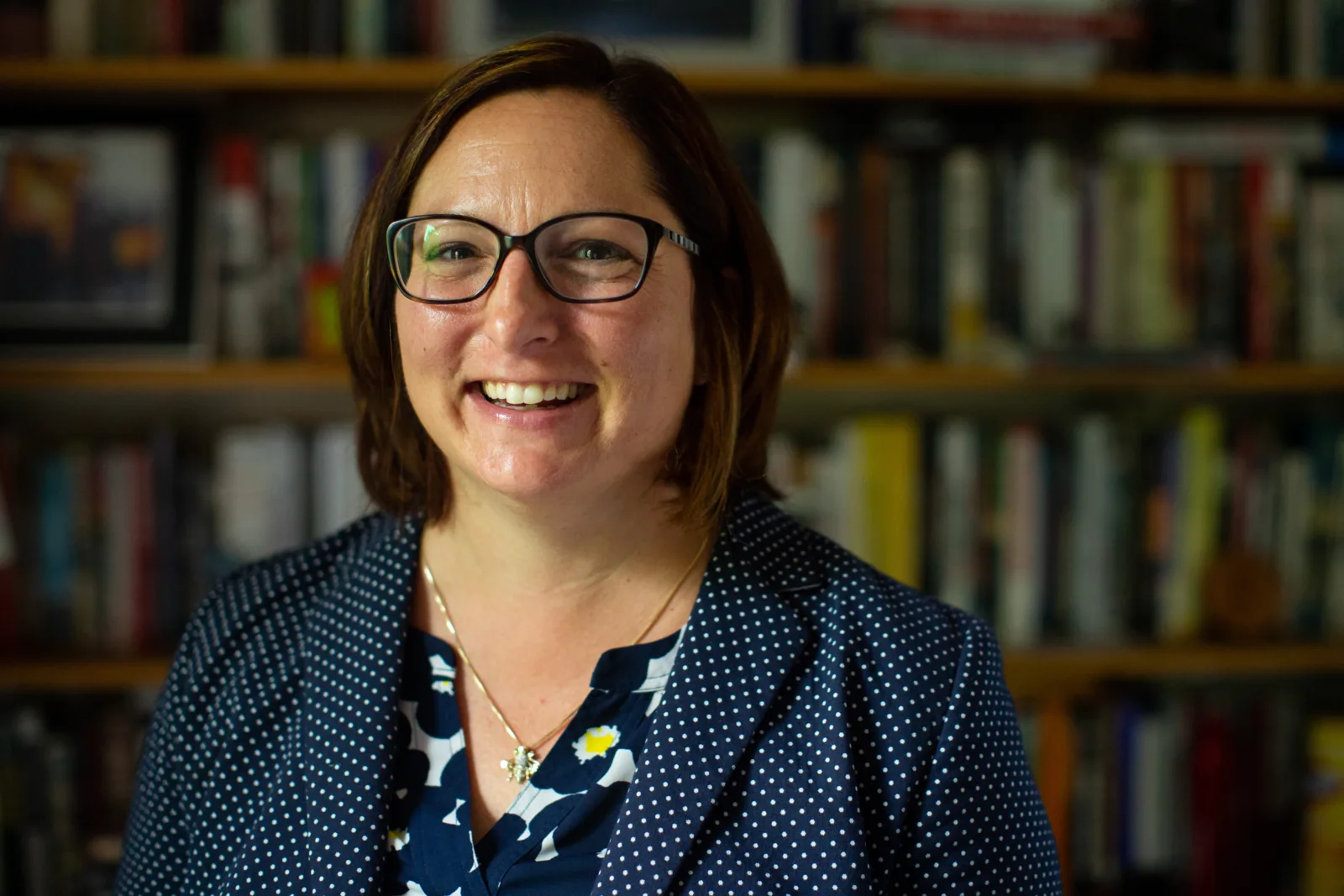Description
This article documents the history and legacy of the Lambda Network at Kodak, the LGBTQ employee resource group that formed at the company’s Rochester headquarters in the early 1990s, when most queer workers were still closeted. Using corporate and personal archives, newspapers and magazines, photographs, video footage, and oral history interviews, I show how Lambda members changed Kodak’s corporate culture and benefit policies to be more LGBTQ inclusive. Lambda’s influence extended well beyond Rochester as Kodak became a national leader in LGBTQ workplace policies: its executives twice testified before Congress in support of the Employment Non-Discrimination Act, and its marketing team introduced gay and lesbian themes into Kodak’s iconic advertisements, helping audiences to see same sex-couples as worthy. Ultimately, Lambda members’ embrace of photography to increase the visibility of LGBTQ workers and their families changed Kodak’s corporate culture, and in doing so, contributed to broader LGBTQ inclusion in American society.
About the Speaker
Tamar Carroll is Professor and Chair of the Department of History at Rochester Institute of Technology. She is also the Secretary of the Board of Trustees of the National Susan B. Anthony Museum and House. Her research focuses on social movements in the U.S. in the twentieth and twenty-first century, and public history. She is the author of Mobilizing New York: AIDS, Antipoverty, and Feminist Activism, and co-curator of the photojournalism exhibition, “Whose Streets? Our Streets!”: New York City, 1980-2000, and companion web exhibition, https://whosestreets.photo/. With her students, Carroll created the Remembering the Lambda Network at Kodak web exhibition, https://lambdanetworkkodak.net/page/home, and is preparing a physical exhibition about the Lambda Network, which will be on view at the George Eastman Museum in Rochester, NY from June-October 2026.
Respondent
Margot Canady
About the Labor History Seminar Series
The Labor History Seminar provides a forum for works in progress that explore the history of working class people, communities, and culture; class and state policy; unions and popular political movements; and other related topics.
Register
This event is free, but all participants must register in advance. Space is limited, so please do not request a paper unless you plan to attend.
Register and Request Paper